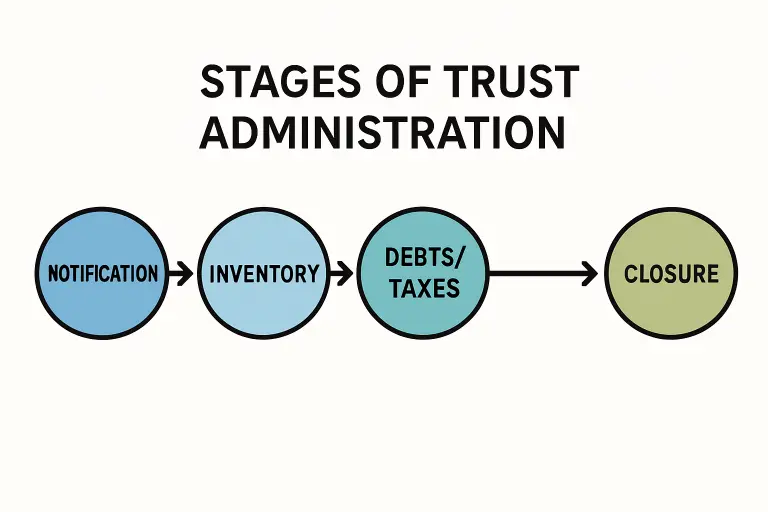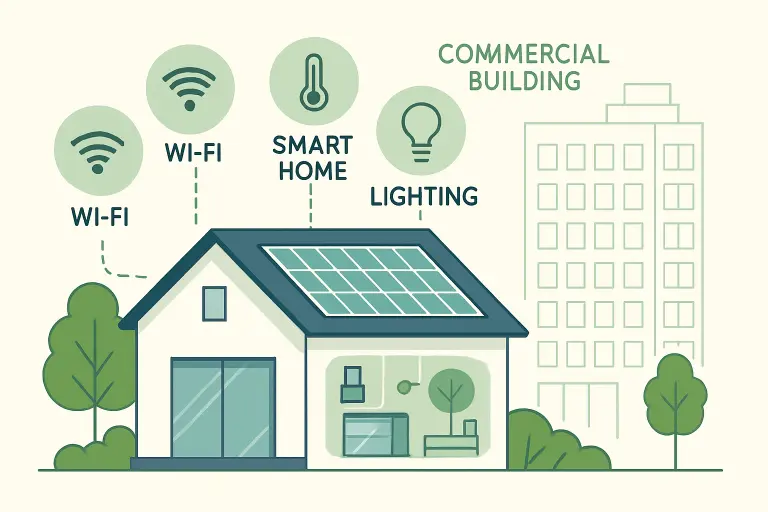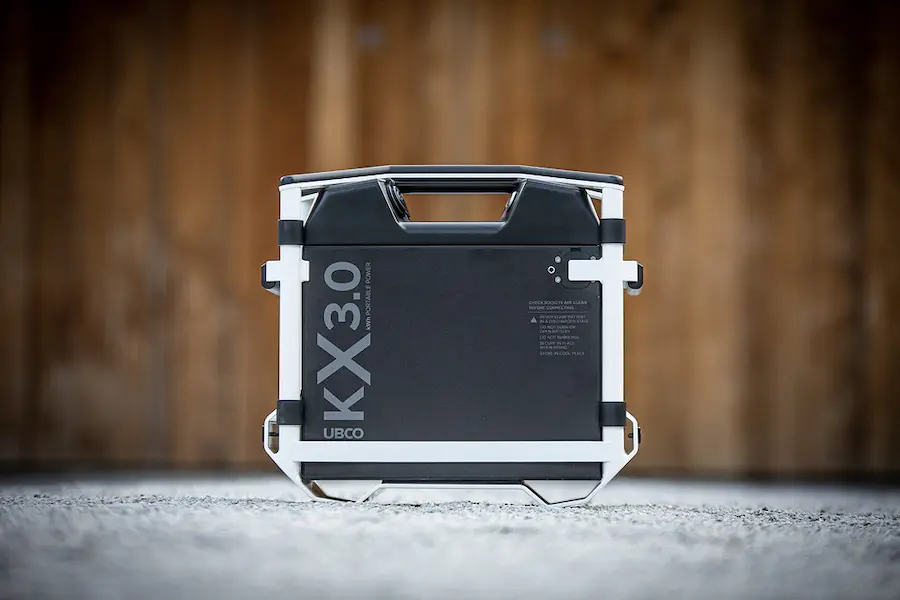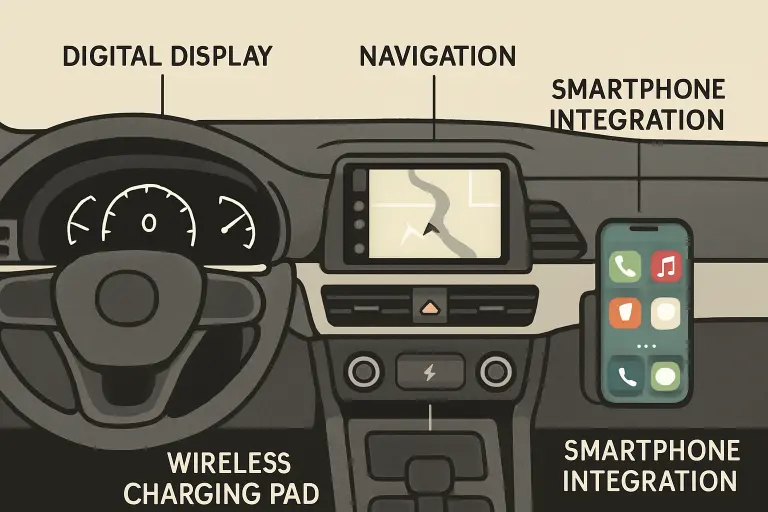Table of Contents
Key Takeaways
- Modern commercial security requires a proactive, tech-driven approach that addresses both physical and cyber threats.
- Integrated security systems combining surveillance, access control, and cybersecurity offer seamless protection and operational efficiency.
- Customizable solutions powered by AI and IoT enhance real-time monitoring and adapt to unique business risks.
- Staying compliant with evolving regulations ensures legal protection and reinforces trust with stakeholders.
- Real-life success stories and technological innovations underscore the importance of continual investment in advanced security strategies.
In today’s fast-paced and digitally connected world, securing commercial properties has escalated in importance. Businesses must confront a complex array of threats, from physical intrusions to sophisticated cyber attacks. Fortunately, with innovations like reliable commercial alarm systems from security experts, companies can shield their operations effectively. These systems not only safeguard assets but also elevate the overall sense of safety for employees and clients, fostering a productive environment.
Modern threats demand a proactive and technologically advanced approach to security. Investing in high-quality alarm systems can deter criminal activity and reduce response times. Creating a safe environment enhances employee morale and strengthens customer trust.
Modern threats demand a proactive and technologically advanced approach to security. Investing in high-quality alarm systems can deter criminal activity and reduce response times. Creating a safe environment enhances employee morale and strengthens customer trust.
This article delves into the newest trends defining commercial security and strategies that businesses can adopt to strengthen their defenses. By understanding these trends and implementing robust solutions, companies can create secure environments that protect both physical and intellectual assets.
Introduction to Commercial Security
Security is a fundamental pillar for any business. It ensures the protection of assets, fosters trust among employees and builds a safe atmosphere for clients. As businesses face dynamic threats, from retail theft to sophisticated hacking attempts, it becomes clear that evolving with these challenges is critical. A well-rounded security system is no longer a luxury but a necessity to ensure operational continuity and peace of mind.
Modern businesses must prioritize both physical and digital security measures. Failing to adapt can leave critical vulnerabilities exposed. A comprehensive security strategy supports stability and long-term success.
Current Trends in Commercial Security
The landscape of commercial security is being revolutionized by the integration of advanced technologies. Now more than ever, security measures are moving beyond simple CCTV setups. Today’s systems incorporate artificial intelligence (AI) and machine learning to anticipate and react to threats in real time. These smarter systems can learn behaviors and identify anomalies, enhancing security effectiveness significantly.
AI-driven systems offer proactive protection instead of reactive responses. Intelligent monitoring reduces human error and increases efficiency. Businesses gain a competitive advantage by leveraging these advanced tools.
Cybersecurity is also gaining prominence, as digital breaches can severely impact operational integrity by compromising sensitive data and systems. Businesses are increasingly recognizing the interconnectedness of cyber and physical security, prompting a shift towards holistic security protocols. Customized security solutions tailored to unique business needs are also becoming essential, allowing companies to address unique risks and streamline protection.
Integrating cyber and physical defenses creates a more resilient infrastructure. Tailored solutions allow for focused protection and operational alignment. A holistic approach is the future of effective commercial security.
The Role of Integrated Security Systems
Integrated security systems represent a comprehensive approach, harnessing multiple security measures into a singular framework. This integration means surveillance, fire alarms, access controls, and even cybersecurity systems work together seamlessly. Such systems optimize monitoring capabilities, reduce response times, and elevate overall security standards. For companies, this means fewer blind spots and tighter control over security operations.
Unifying security systems reduces fragmentation and improves coordination. Companies benefit from streamlined management and real-time data sharing. Integrated systems offer scalability and cost efficiency.
The benefits of this integration are vividly illustrated in industry reports, which outline how businesses streamline security protocols, save costs, and improve efficiency through such systems. Implementing an integrated system often leads to long-term operational benefits, making it an attractive option for forward-thinking businesses.
Reports consistently show positive ROI from integrated solutions. Enhanced performance and lower risks attract security-conscious leaders. These systems also support future-proofing for evolving threats.
Practical Strategies for Enhancing Security
Establishing a robust commercial security system begins with understanding current gaps and needs. Regular audits are crucial for assessing the effectiveness of existing security measures. Upgrading systems based on such insights ensures that businesses stay ahead of evolving threats. Conducting simulations and training exercises helps staff become adept at handling emergencies.
Assessments and updates ensure security systems remain effective. Staff preparedness is vital to a real-time threat response. Proactive planning reduces vulnerabilities and operational disruptions.
Advanced access control systems are essential in restricting entry only to authorized individuals, thereby mitigating internal threats. These systems can be automated and tailored to adjust access levels depending on the role and hierarchy of employees, significantly enhancing security without compromising operational flow.
Role-based access supports both security and efficiency. Automation adds an extra layer of reliability and control. Customized access solutions help prevent internal breaches.
The Impact of Regulation on Commercial Security
Staying compliant with industry standards and regulations isn’t merely a legal obligation but a strategic step to safeguard a business. Regulations cover different aspects, such as data protection, surveillance levels, and emergency preparedness, ensuring that security systems meet adequate standards. Non-compliance can lead to severe penalties and damage to a company’s reputation.
Compliance demonstrates a commitment to professionalism and accountability. Avoiding penalties protects financial stability and public trust. Regulations help standardize best practices across industries.
Consequently, businesses must stay informed about relevant regulations and audit their security measures regularly to ensure they remain within legal guidelines. Understanding these regulations can help companies not only avoid fines but also assure clients and partners of their commitment to safety and compliance.
Routine reviews ensure continuous alignment with legal expectations. Transparent practices foster stronger business relationships. Regulatory awareness is a cornerstone of responsible security management.
Technology Driving Change in Security Solutions
Technological advancements are swiftly redefining the paradigms of commercial security. The Internet of Things (IoT), for instance, provides advanced monitoring solutions that enable real-time data collection and analysis. This technology allows for predictive maintenance and quicker response times.
IoT devices bring intelligence and automation into security operations. Real-time insights improve preventive strategies. The ability to anticipate issues enhances system resilience.
Cloud-based solutions are gaining traction for their scalability and cost-effectiveness, enabling data to be accessed remotely and securely. Adopting these technologies poses challenges, such as integrating them with existing systems and ensuring reliable cyber protection. However, businesses that successfully integrate new technologies often find their security measures are significantly bolstered.
Cloud systems enable flexible and remote management of security tools. Proper integration boosts both functionality and cost savings. Overcoming tech hurdles can yield long-term operational advantages.
Real-Life Examples of Effective Security Implementations
Many businesses have taken significant strides in enhancing their security frameworks by adopting cutting-edge solutions. A leading retail chain, for instance, embraced AI-driven surveillance to thwart shoplifting and improve customer safety. Such measures not only resulted in a substantial decrease in losses but also cultivated positive customer experiences.
Success stories highlight the real-world value of advanced security tools. AI solutions can directly impact bottom-line performance. Positive customer interactions build loyalty and brand reputation.
For those interested in understanding the tangible benefits of these improvements, various case studies provide insights into how integrated and innovative security solutions can transform business operations.
Case studies offer practical examples and lessons learned. They serve as roadmaps for businesses looking to upgrade their systems. Real-life evidence helps justify investment in modern security.
Conclusion and Future Outlook
To conclude, adapting to the latest security trends and adopting strategic measures are essential for any business intent on safeguarding its premises and assets. As technology evolves, security solutions will continue to become more sophisticated, presenting both challenges and opportunities. Companies that stay informed and proactive will not only safeguard their operations but also ensure long-term success and sustainability in an increasingly complex environment.
The future of security lies in integration, innovation, and intelligence. Businesses must remain agile and informed to stay protected. Proactive investment in security is an investment in business continuity.
Embracing a forward-thinking mindset will help organizations anticipate risks before they escalate. Continuous evaluation and adaptation of security systems are crucial to maintaining resilience. Ultimately, strong security isn’t just about protection—it’s about enabling confidence, growth, and trust in every aspect of business operations.































































































































































































































































































































































































































































































































































































































































































































































































































































































































































































































































































































































































































































0